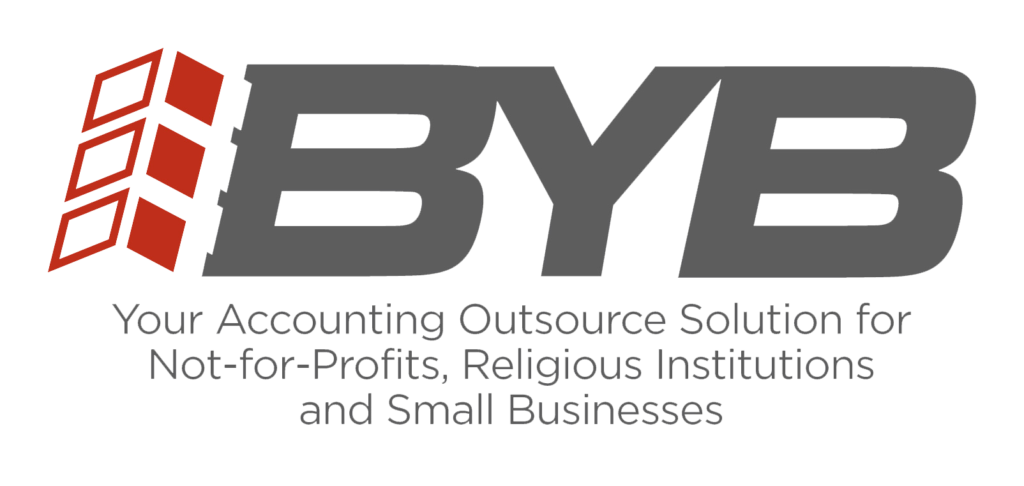I am the executive director of a charitable organization. I received an invitation to a dinner gala for a local politician running for office. Even though my organization is not donating any money to the campaign in risk of losing our exempt status, can I still attend the dinner?
Actually, attending the event given by or in honor of the politician who is running for office could be harmful to your organization’s tax exempt status if the organization paid for the ticket. If you wish to attend the dinner gala, you should purchase the ticket from your personal account, and should not represent the organization at the event.
Not-for-profits organizations, including churches and educational institutions that are exempt from federal income tax are prohibited from participating or intervening in any political campaign on behalf of, or in opposition to, any candidate for public office.
Under federal law, these organizations cannot endorse any candidates, make donations to their campaigns, engage in fund raising, distribute statements, or become involved in any other activities that may be beneficial or detrimental to any candidate. Even activities that encourage people to vote for or against a particular candidate on the basis of nonpartisan criteria violate the political campaign prohibition of section 501(c)(3).



